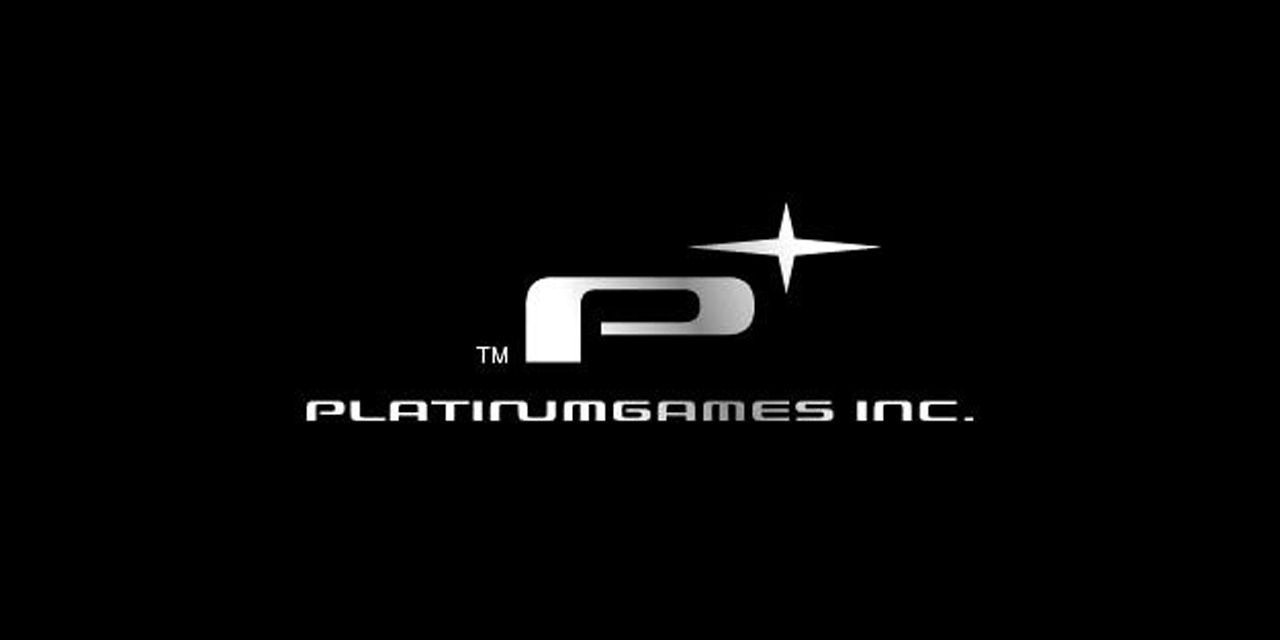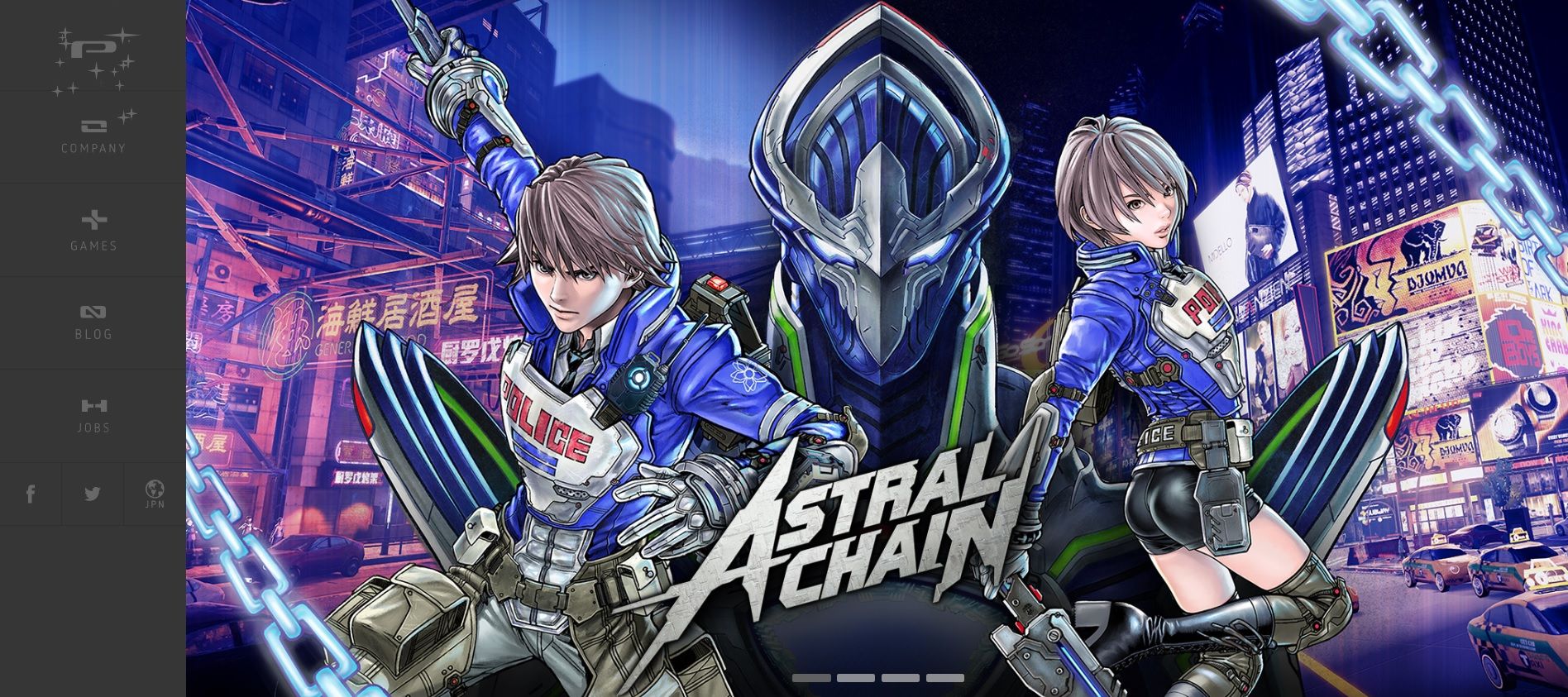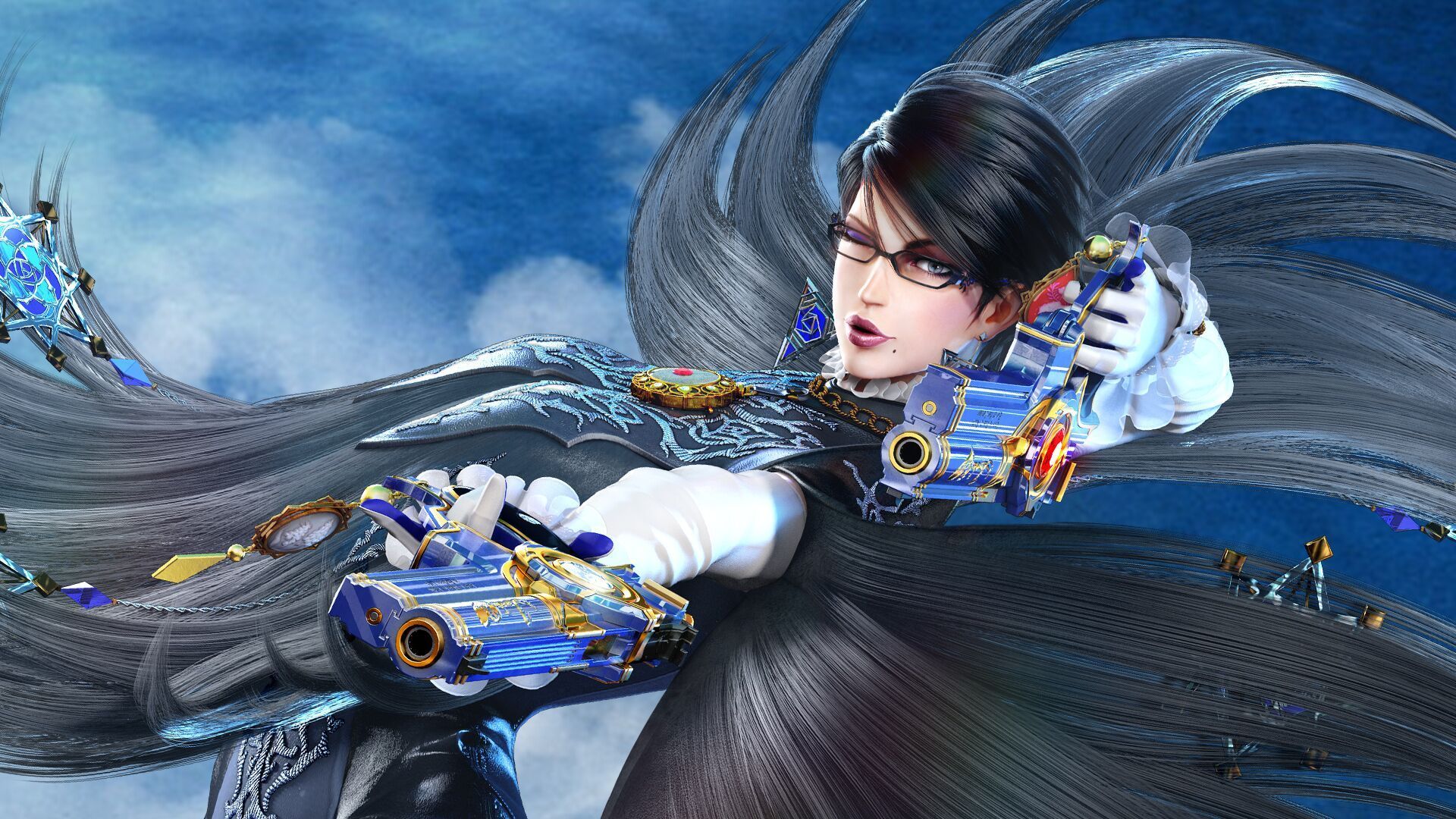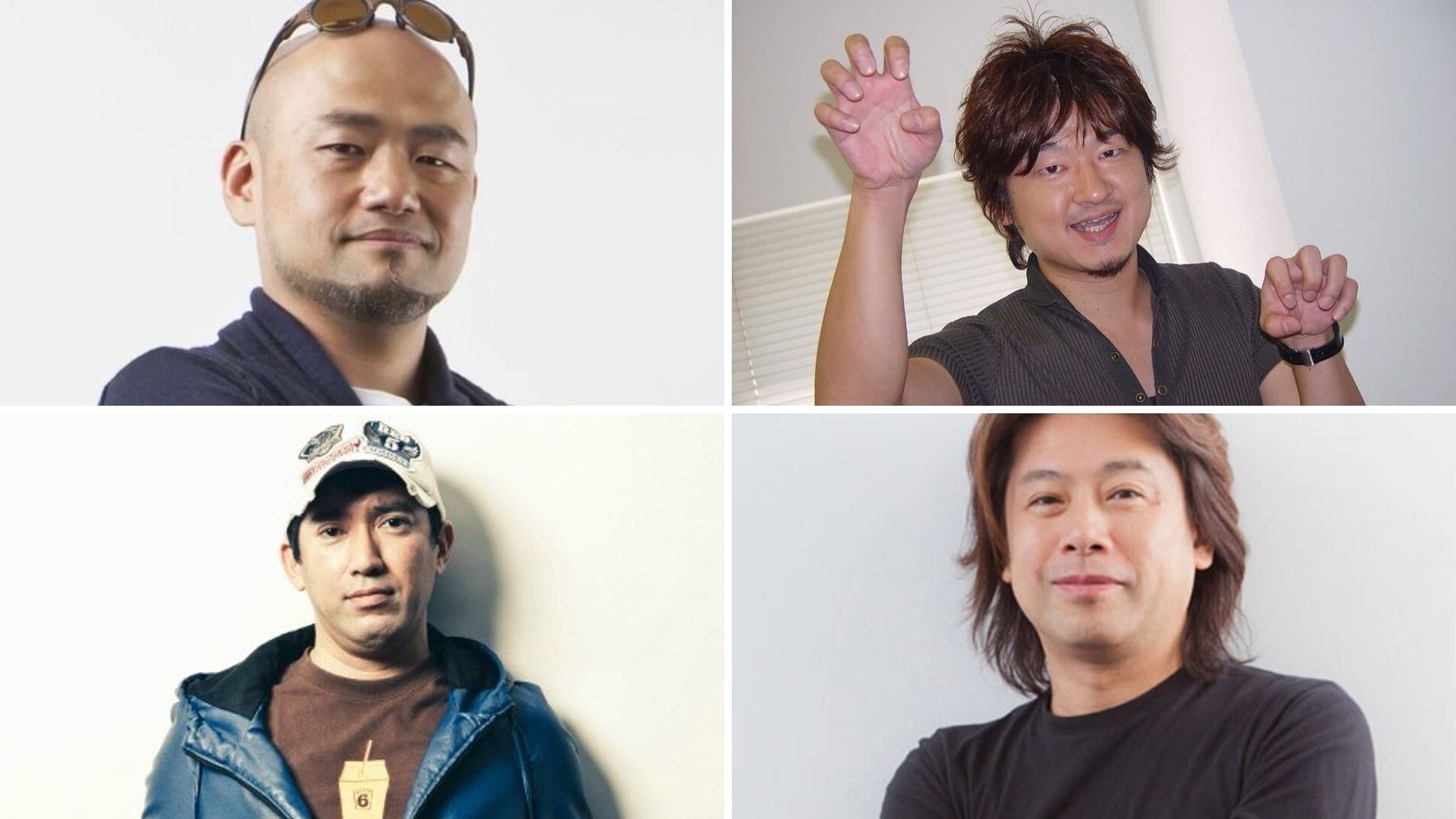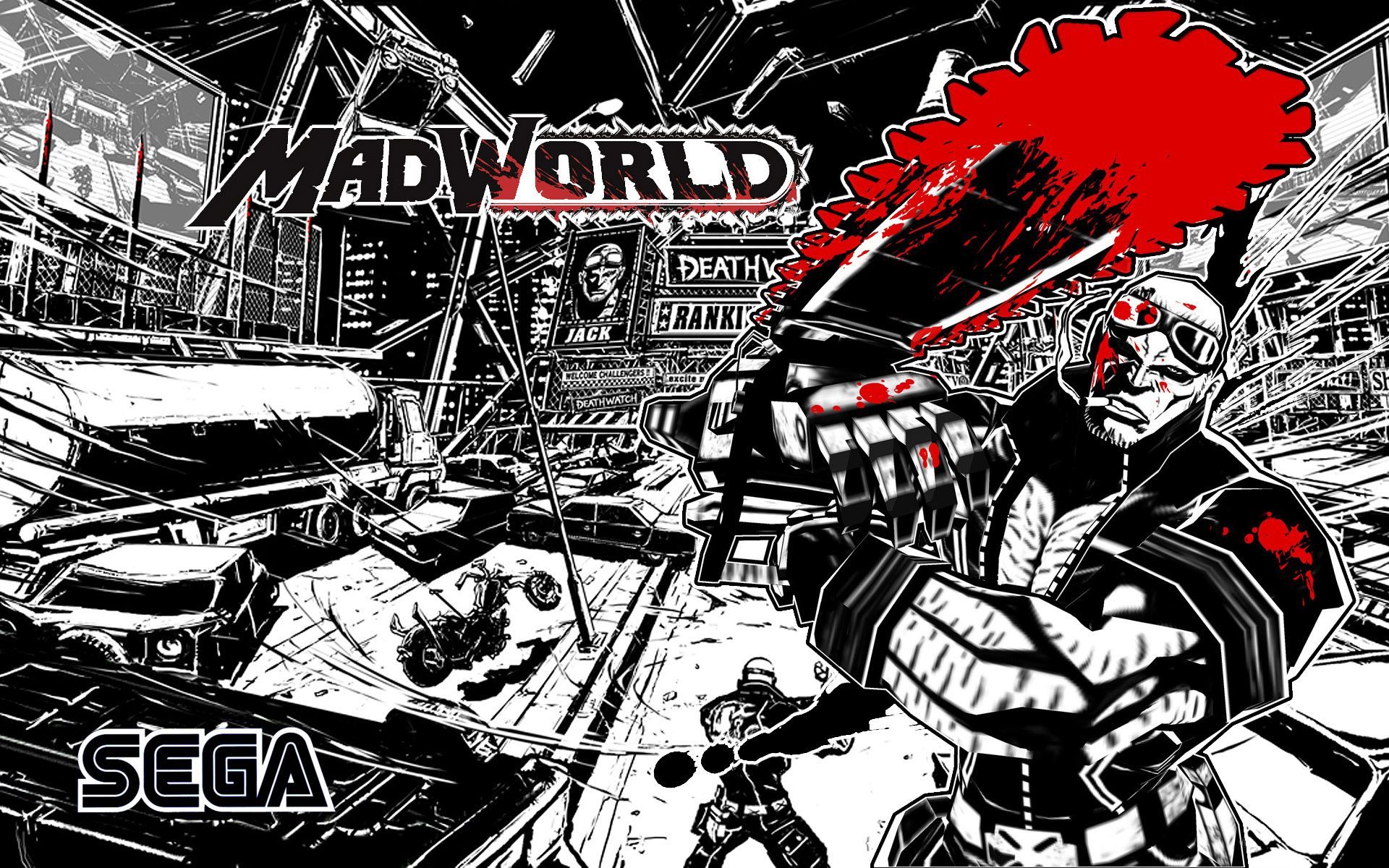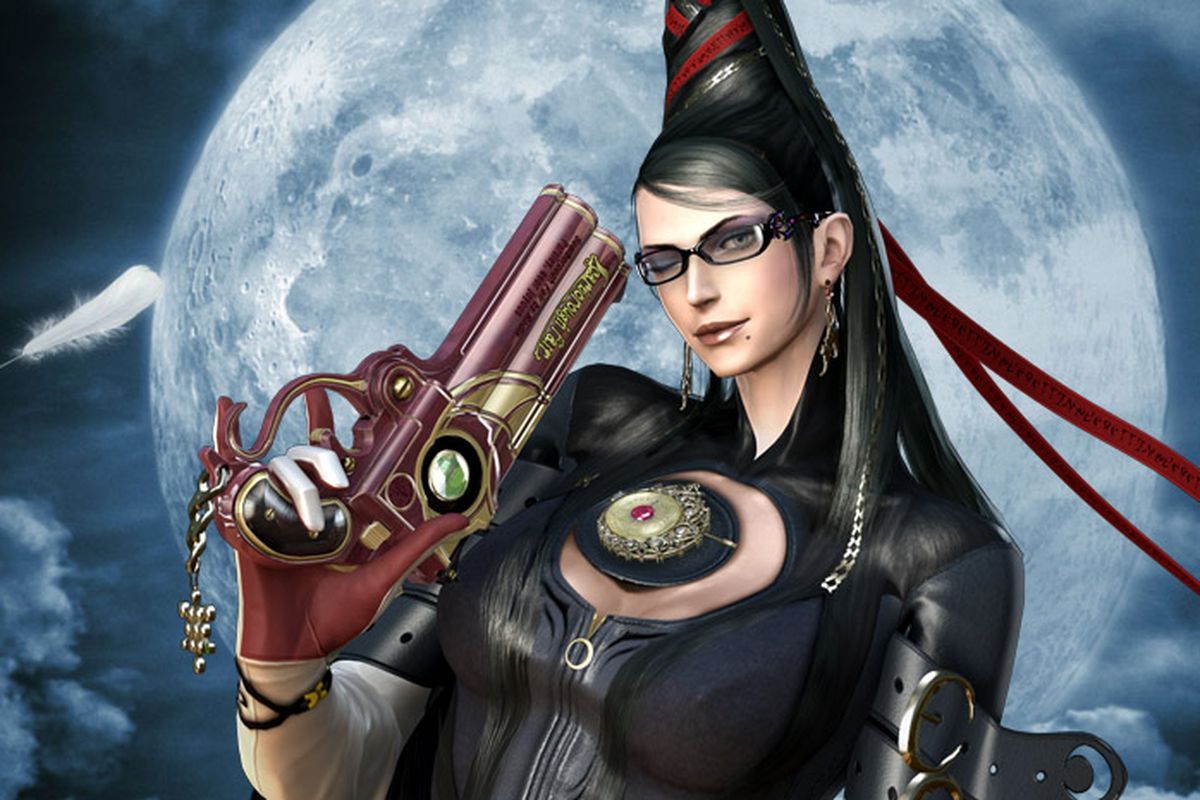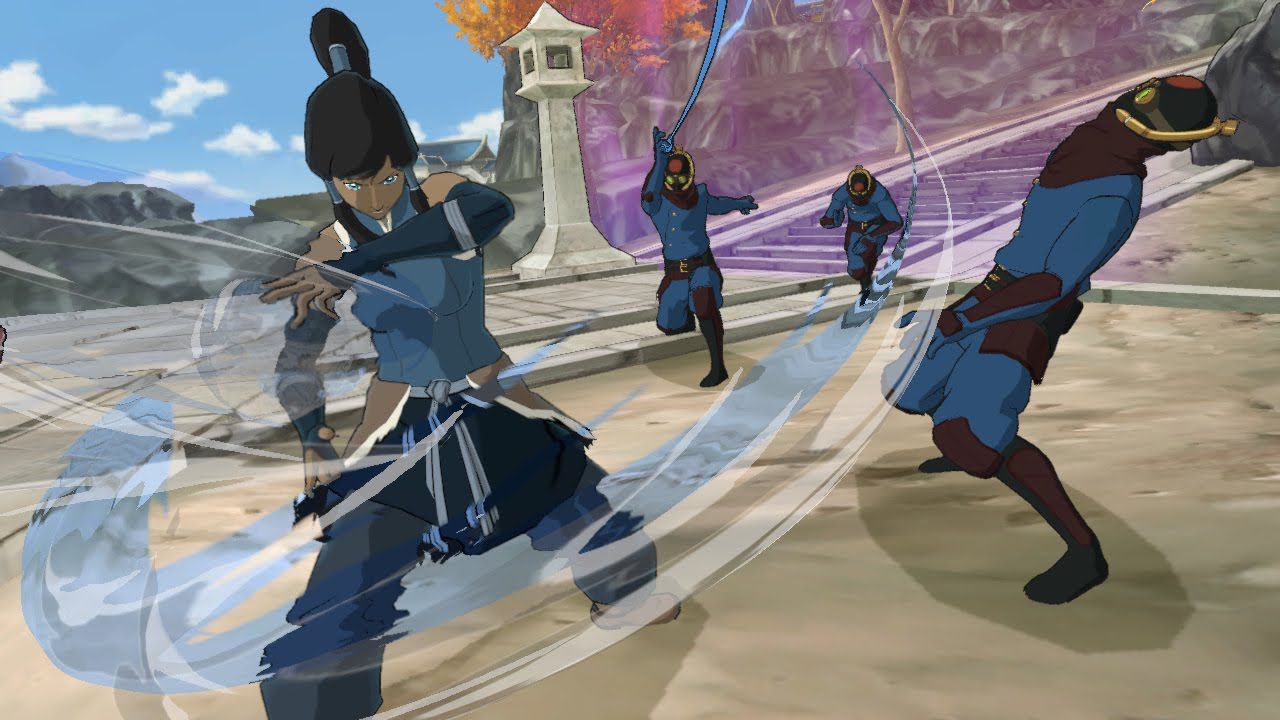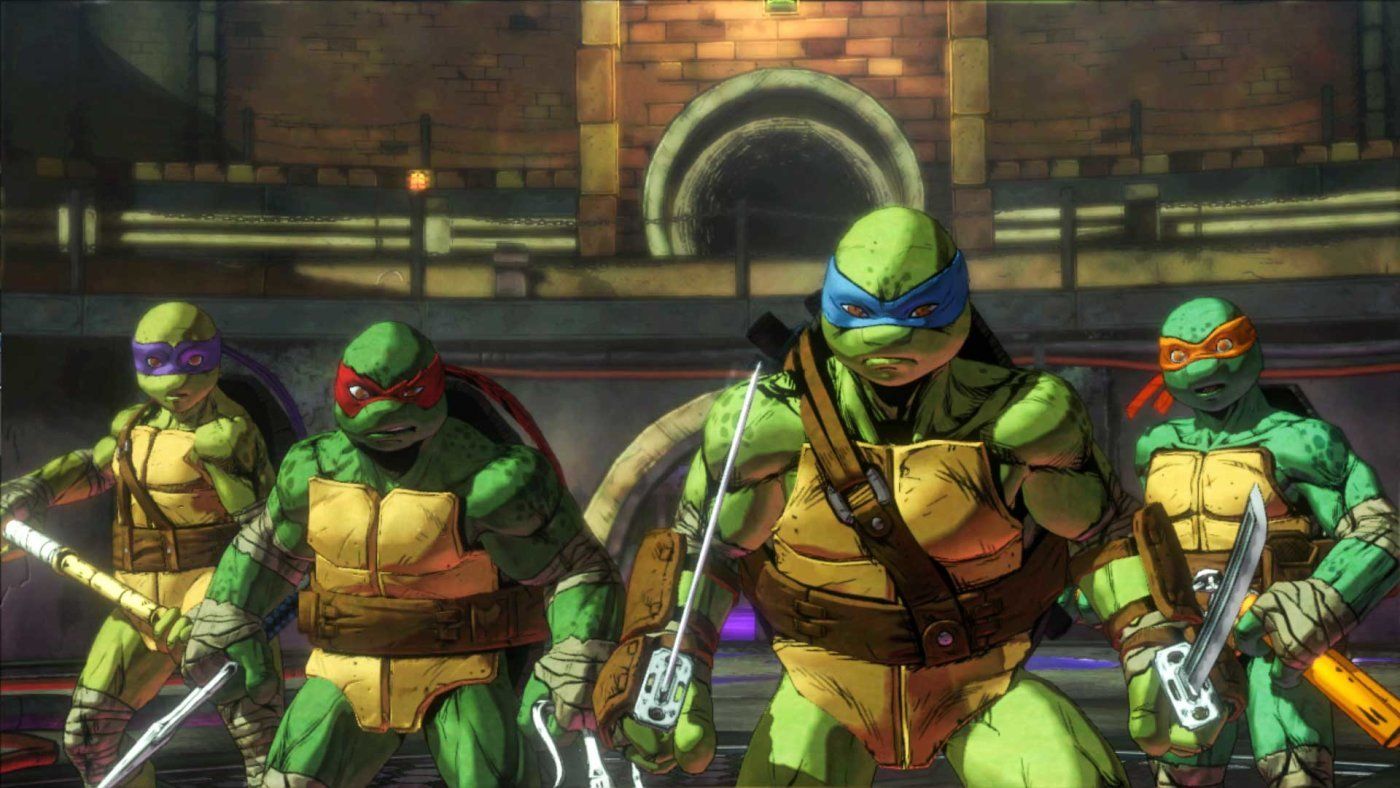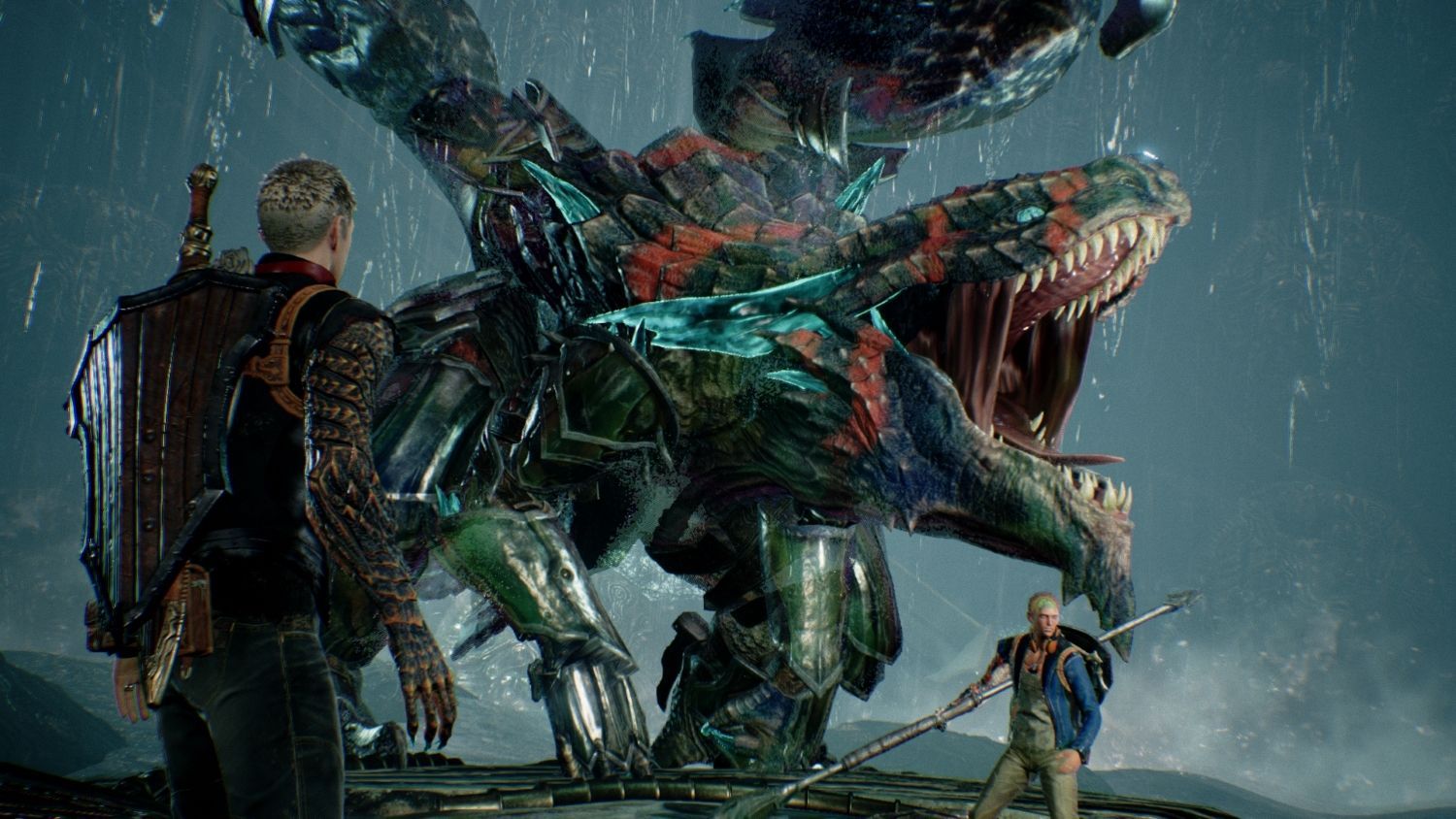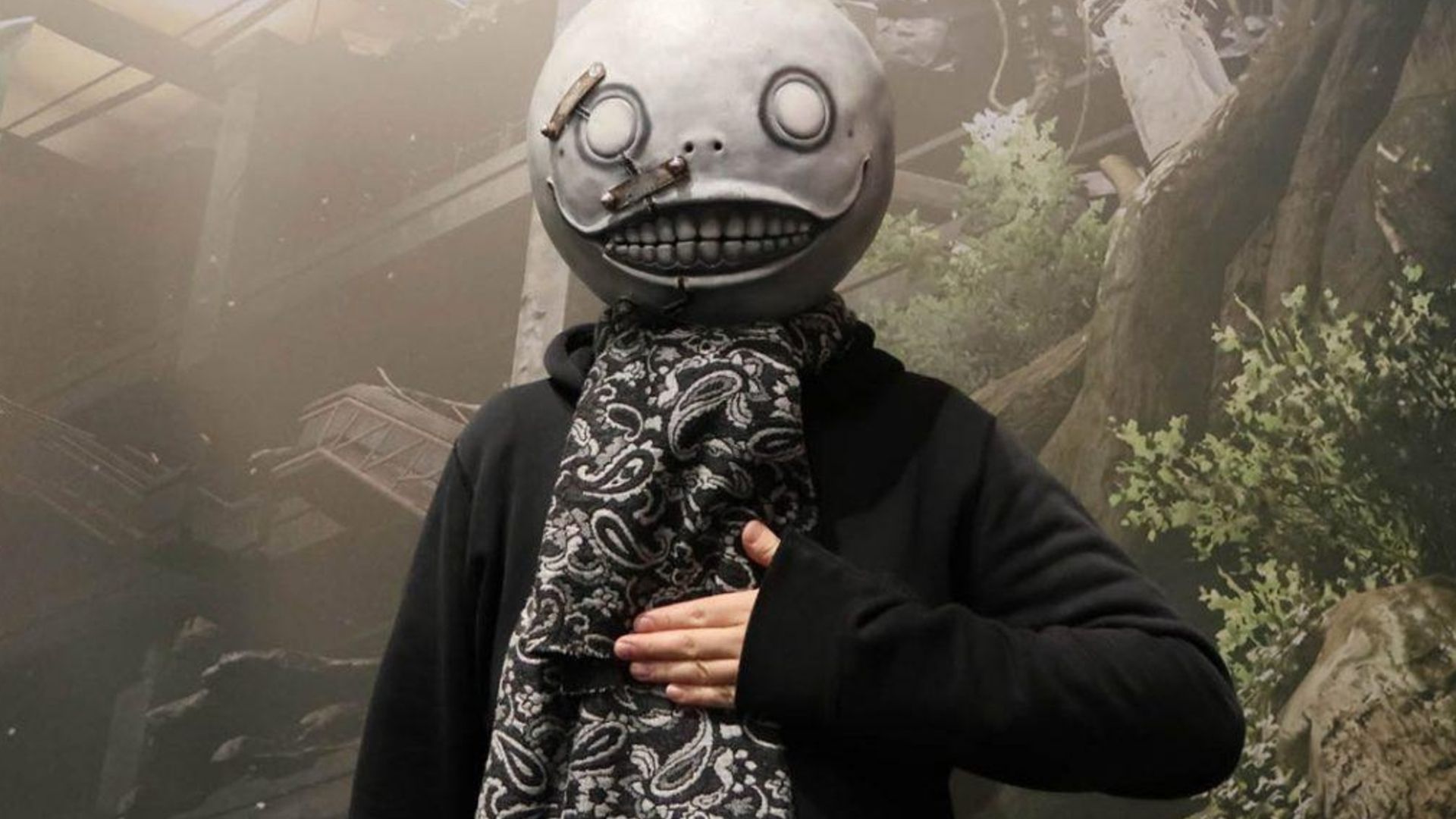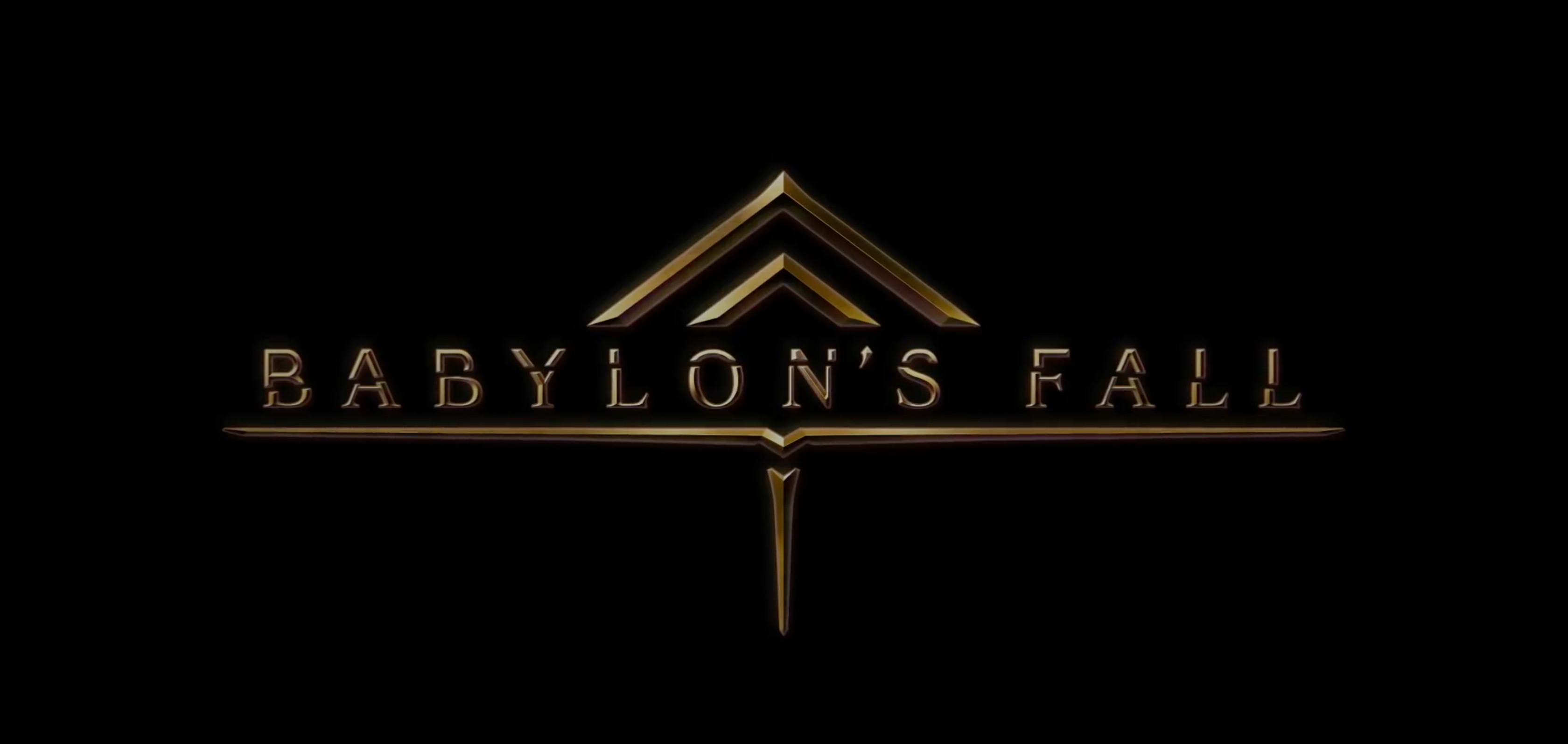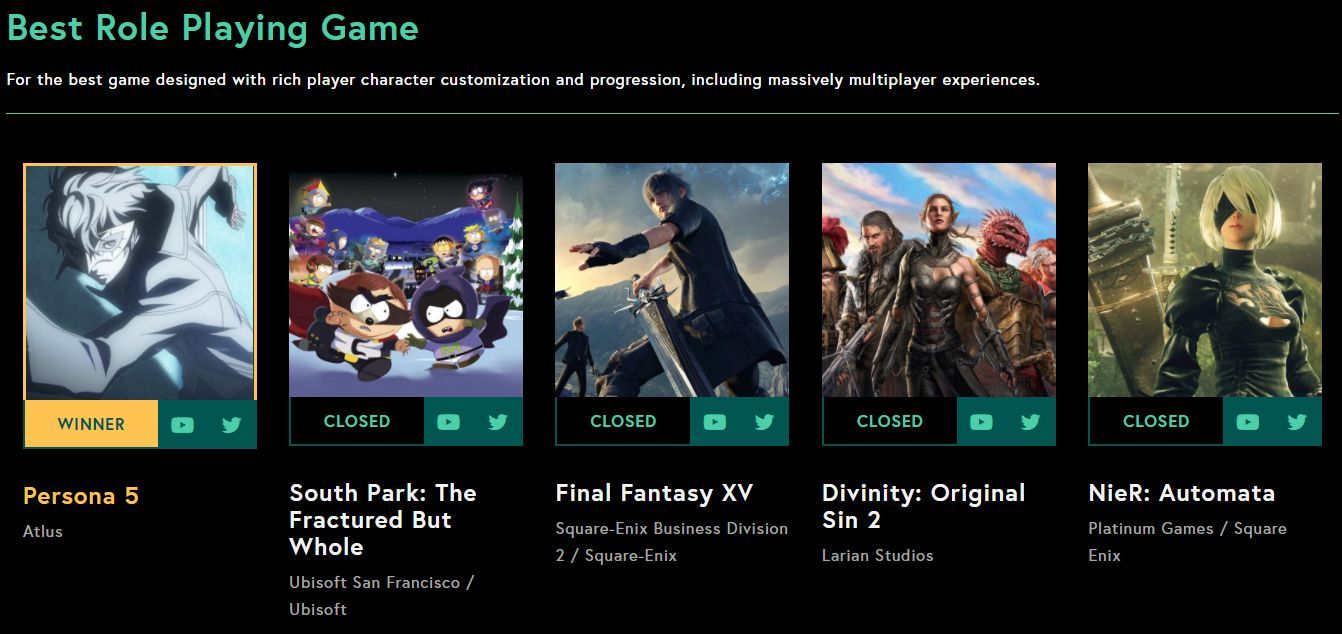Bayonetta. Nier: Automata. Astral Chain. These are some of the hottest games in the video game industry, and what do they all have in common? They were developed by the celebrated PlatinumGames. This Japanese developer is on its way to becoming a tour-de-force in the industry, and its not stopping.
Known for their action-oriented titles set in fantastic settings, Platinum Games’ titles make players feel like badasses or allow them to contemplate the human condition. They embroil players in escapism and remind them of visible realities. To take a look at the company’s past, present and future, here are some facts players didn’t know about Platinum Games.
11 Sparkles!!
An essential part of Platinum Games’ trademarked logo is the star at the top-right corner of the P. According to the developer’s website, the star represents the North Star Polaris, “which has guided explorers venturing into new territory throughout history.”
That quote reinforces their commitment to providing compelling experiences in their games. PlatinumGames is known for being quirky, so what better way to show that silliness than with sparkles! If players visit their website and scroll up and down, the P-star logo on the top-left corner shimmers with P-stars. How cool!
10 A Longstanding Tradition
According to a blog post regarding Bayonetta 2 on Platinum Games’ website, the company has a tradition that they do for each of their games. They insert a Japanese rhinoceros beetle in every game. These little critters are always in blink-and-you’ll-miss-it locations, especially since maps can be so big and detailed.
In that same blog post, Bayonetta 2 producer Akiko Kuroda provides hints to finding the beetle in the game. They also note that there is a beetle in Bayonetta, saying “It’s said that those who find the beetles in both Bayonetta games will be rewarded with eternal happiness.”
9 How It Was Founded
Platinum Games was destined to have a strong pedigree for game development. Their four founders previously worked on successful Capcom titles, including Resident Evil, Okami and Devil May Cry. The founders were Shinji Mikami, Hideki Kamiya, Atsushi Inaba and Tatusya Minami.
While they all worked on critically acclaimed games, these games did not sell well nor lived up to Capcom’s financial expectations. Mikami, Kamiya and Inaba worked in Clover Studio before it was shut down by Capcom. Minami was also a Capcom employee but grew weary from repeatedly making sequels to established franchises.
Kamiya, Mikami and Inaba founded Seeds Inc. while Minami established Odd Inc. The two companies merged into Platinum Games on August 1, 2006.
8 Their First Game As A Company
When Platinum Games first started, a good chunk of their history would be dedicated to developing games for publishers. Their first partnership was with Sega so they could get a foothold in the Western video games market. Part of their four-year contract included the iconic Bayonetta, Infinite Space, Vanquish, Anarchy Reigns, and their first game, MadWorld.
MadWorld was a Wii-exclusive hack and slash and beat ‘em up game released in 2009. In the monochrome and red game, players take control of Jack Cayman, a hulking man with a retractable chainsaw in his arm. Jack is participating in DeathWatch, a twisted game where an entire city of people must kill each other for a vaccine to a lethal virus.
7 Bayonetta Appeared On Every Major Platform
Bayonetta is Platinum’s only franchise and its most popular property. Naturally, the beautiful Umbra Witch slayed her way onto every major platform in the franchise’s lifetime.
Bayonetta was originally released on the Xbox 360 and PlayStation 3 on October 29, 2009. Bayonetta 2 and the first game were released on the Wii U in September 2014. Bayonetta was released on Steam for PC in April 2017, and Bayonetta 2 was re-released on Nintendo Switch.
Not bad in a span of 10 years. The next step is for her to get a VR game and Bayonetta voice setting on Amazon Alexa.
6 Licensed Game Trauma
Platinum Games did six licensed games in their lifetime as a studio, and that was enough for them to never do it again. That is not to say that every single one of Platinum’s licensed games were bad.
Metal Gear Rising: Revengeance is a spectacular game in storytelling, gameplay quality and maximum Metal Gear sensibilities. Transformers: Devastation was a great homage to both the classic Transformers aesthetic of the 1980s and its greatest appeal: big robots capable of transforming into vehicles.
However, some of their weakest games came out of licensing. The video game adaptation of Legend of Korra was panned for a bland story, poorly animated cutscenes and simplistic gameplay well below Platinum’s standards. Teenage Mutant Ninja Turtles: Mutants in Manhattan is a whole other can of worms.
5 Platinum’s Worst Reviewed Game: TMNT: Mutants in Manhattan
An action-adventure Teenage Mutant Ninja Turtle video game where you can play with your friends and use classic beat ‘em up mechanics? Sounds like a great idea, right? Unfortunately, even great ideas and flop with poor execution.
According to Metacritic, TMNT: Mutants in Manhattan is Platinum Games’ worst reviewed game. The game’s average score is a 50/100; this number was an average of Xbox One (55/100), PC (51/100) and PS4 (44/100)’s average scores. Yikes.
It performed so poorly, that the game was removed from all digital storefronts eight months after its release, according to Eurogamer. Wikipedia states that “This is the last Teenage Mutant Ninja Turtles game and the last Nickelodeon game to be published by Activision.”
At least their recent highs from Nier: Automata and Astral Chain drowned out its lowest low.
4 Almost Went Under
There’s a reason why one of the entries was called “Licensed Game Trauma.” They were part of the reason Platinum Games went through some dark times not to long ago.
Because Activision-licensed games barely made up for development time and money that went into them. Coupled with the jarring cancellation of Scalebound by Microsoft, the studio was facing potential bankruptcy. It wasn’t until Nier: Automata and a persistent Yoko Taro that Platinum Games got a second wind.
3 Saved by Yoko Taro?
The eccentric Yoko Taro probably saved Platinum Games from going under, according to Devil May Cry creator Hideki Kamiya. Kamiya expressed his sincere thanks to Taro due to his persistence in getting Square Enix to fund and publish the most popular entry in the Nier franchise.
"Nier's success has to this point given Platinum a new fanbase, a growing staff, a brilliant success story, an increase in qualified job applicants, and a great benefit," Kamiya said in a Twitter post. Nier: Automata provided enough bounce-back to revitalize the country with a new fanbase and attention from the video games industry.
2 Platinum Is Trying To Establish Independence
Given the previous entries, working with publishers is always a double-edged sword with Platinum. While they get increased exposure, development assistance and marketing, they trade away rights to valuable and acclaimed titles. That means that it is not up to them to make sequels to titles like Vanquish, MadWorld and the Wonderful 101.
Platinum Games is trying to mold their future around independently-owned video game releases and IPs. According to a 2018 interview from GamesIndustry.biz, Atsuchi Inaba said that they are working on two indie games. Inaba noted that Platinum was inspired by Ninja Theory’s Hellblade and wanted to test the waters now that they are positioning themselves as a top-tier developing studio.
1 Accolades & Awards
In their 13-year history, Platinum Games netted 20 awards for a total of 47 awards, nominations and accolades. Nier: Automata had the most accolades, but Bayonetta, as a franchise, won the most awards.
They only have three Game of the Year wins, but they also claimed six Game of the Year nominations. Most of the Game of the Year nominations came from Nier: Automata, of course.
Six of their games won the Famitsu Cross Review Platinum Prize. The Platinum Prize is awarded to games who gain a score of 35/40 or above. These games include Bayonetta 2, Nier: Automata, The Wonderful 101, Vanquish and Bayonetta, which has a perfect 40/40.

